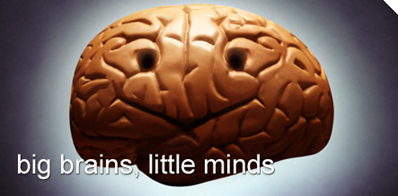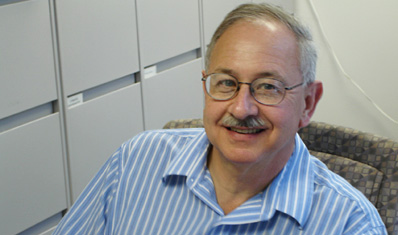Big Brains and Little Minds: A Conversation with Neuroscientist Michael Stryker

Part 1 of 2
It's fun and sometimes useful to think of the human brain as a supple and wonderful computer. But that would be doing a disservice to our brain.
As UCSF neuroscientist Michael Stryker, PhD, reminds us, computers don't work unless they have all their components in place. Human brains, on the other hand, must both work and grow simultaneously, an ingenious strategy that has resulted in a juiced-up neocortex proportionately larger than those of all other animals on the planet.
How the neocortex develops, how the specific connections among the brain's "zillions" of neurons are made, and what instructions and mechanisms guide the process are at the heart of Stryker's research.

Michael Stryker
But how this brainpower is ultimately used also matters to this veteran scientist. It's no surprise, then, that Stryker has strong views on the role of science in society and the power of science stories to explain existence and ignite discovery. It's no wonder, too, that those who would stifle these tales of truth are not on his gift card list.
Alternative content
Related Links
- Stryker Lab
- Development and Plasticity of the Central Visual System
- Neuroscience Graduate Program at UCSF